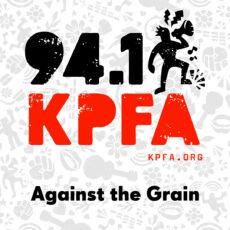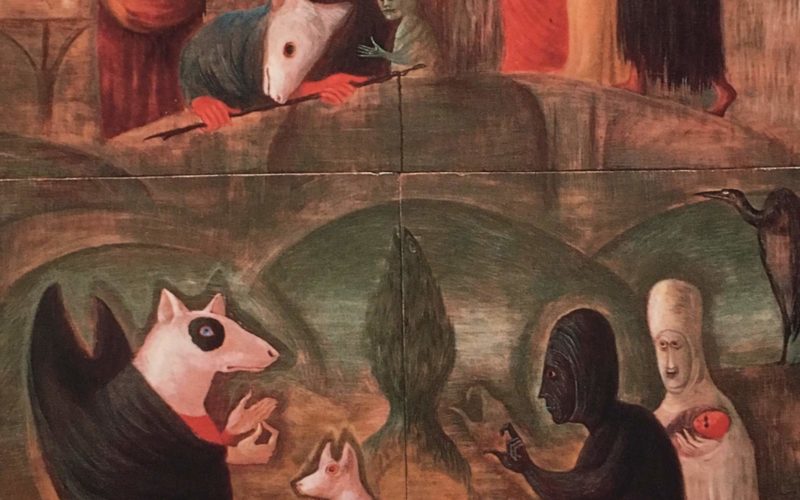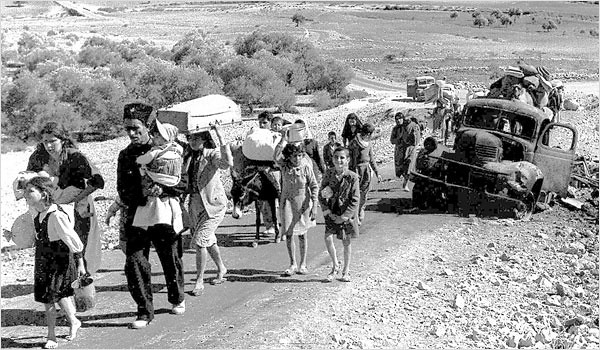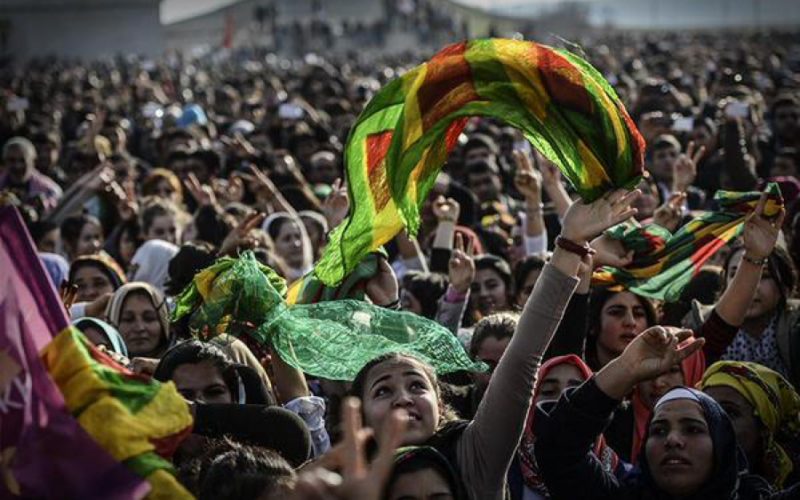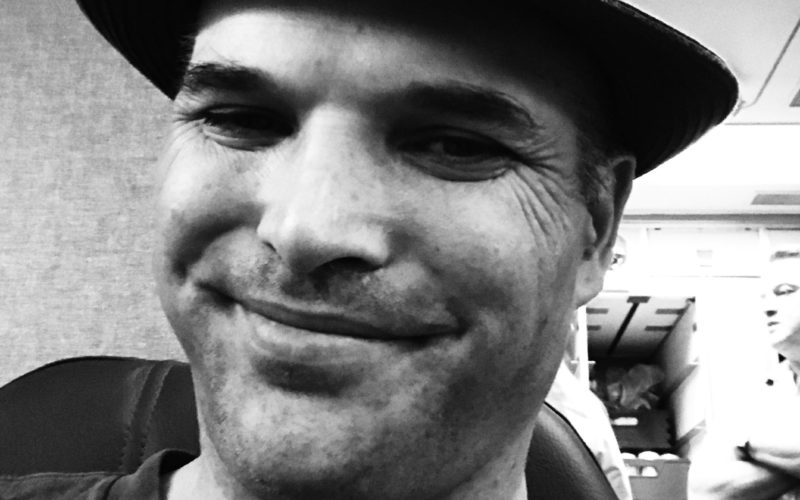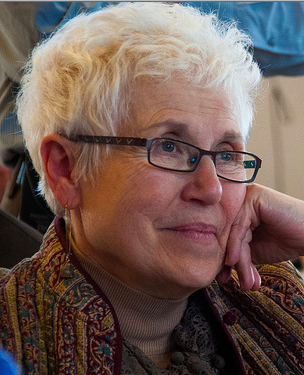A century ago, out of the carnage of World War One and the wave of revolutions that swept Europe, came an artistic movement that put personal and societal liberation at its center: surrealism. Penelope Rosemont, a later member of the movement, discusses the art and politics of surrealism — and her own personal history within … Continued


